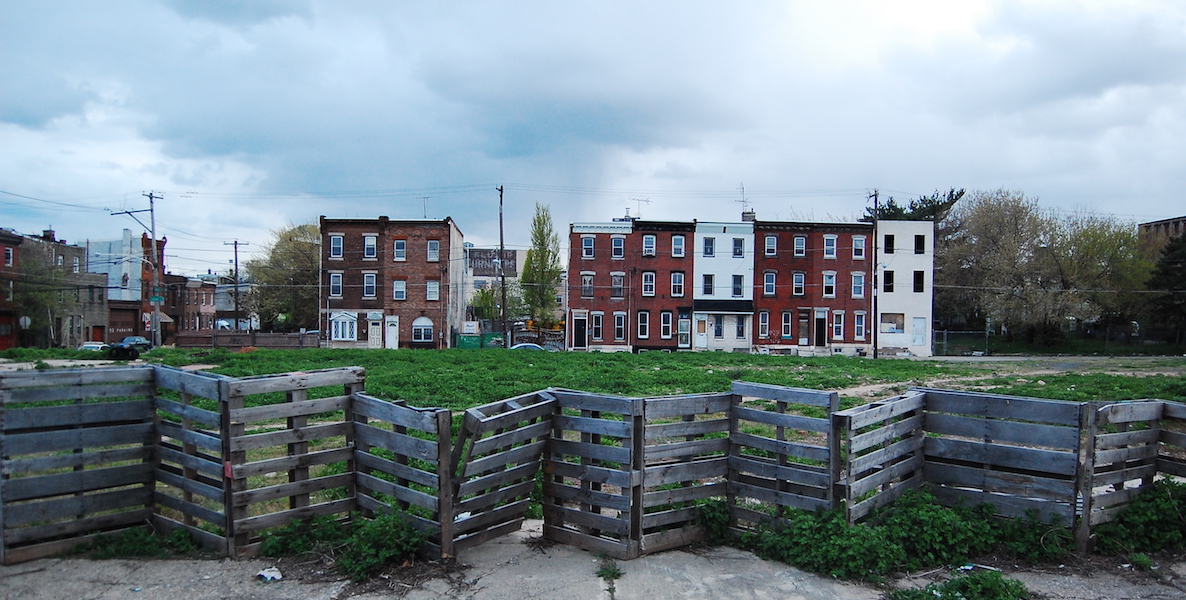The Democratic field for the 5th Congressional District is very crowded, with 10 candidates running to be the party’s nominee in what is expected to be one of the easier Democratic pick-ups this year.
As a result of the large field, it’s possible that one of the candidates could squeak in with the support of as little as one-tenth of the electorate—an outcome that would leave a majority of the voters feeling unsatisfied with the nominee.
The situation calls for a run-off to cull some of the less popular candidates, and let voters have an opportunity to decide among the narrower field of candidates with the most support. And more specifically, it calls for dozens of run-offs, performed instantly by a computer, in a system called Ranked Choice voting, or Instant Run-off Voting (IRV.)
The idea is simple, at least from the voter’s point of view. Unlike the ‘First Past the Post’ system we currently use in Philadelphia, where voters typically select just one candidate per contest, voters rank their favorite candidates in order. Depending on the local rules, they can rank only as many candidates as they wish, or they may be required to rank them all.
On the back-end, after the voting is finished, the computer begins to eliminate the candidates with least support, and redistributes their votes to people’s second choice candidates. This process repeats until one candidate receives a majority of the votes. Two nice features of this system: Nobody’s votes are wasted, and nobody can win with less than a majority.
It’s too late to implement Ranked Choice voting in the 2018 election cycle, but important discussions are happening now at the state and local level that will determine whether Ranked Choice voting will happen in Philadelphia in a reasonable timeframe.
Just for fun, and to show how this would work, Philadelphia 3.0 is running a Ranked Choice poll of the 5th Congressional District primary using the website OpaVote. To participate, enter your info here, and you’ll receive an email with a link to the poll.
It’s too late to implement Ranked Choice voting in the 2018 election cycle, but important discussions are happening now at the state and local level that will determine whether Ranked Choice voting will happen in Philadelphia in a reasonable timeframe.
Philadelphia 3.0 is running a Ranked Choice poll of the 5th Congressional District primary using the website OpaVote. To participate, enter your info, and you’ll receive an email with a link to the poll.
The Department of State has ordered Pennsylvania counties to purchase new voting machines by the 2020 election cycle in order to have their election results certified, and state officials are currently negotiating over exactly which machines counties will be permitted to buy.
Whether or not the voting machines that the state eventually approves will have the technological capacity to support Ranked Choice voting is totally up in the air at the moment. They need to hear from voters that this is one of the must-have features for more competitive, representative Pennsylvania elections. To weigh in on the need for Ranked Choice, contact Kathryn Boockvar, senior advisor to the Governor on Election Modernization at kboockvar@pa.gov.
Jon Geeting is the director of engagement at Philadelphia 3.0, a political action committee that supports efforts to reform and modernize City Hall. This is part of a series of articles running in both The Citizen and 3.0’s blog
Photo: Bill Smith via Flickr






